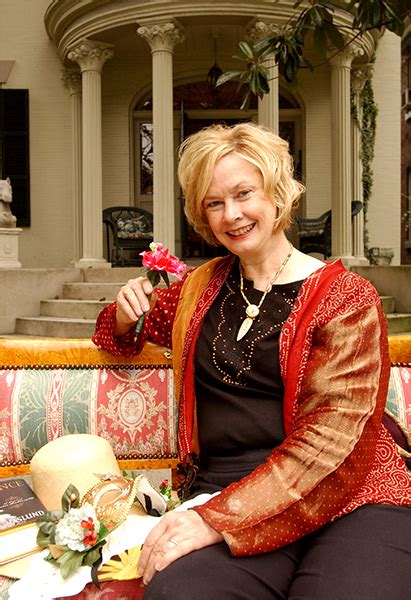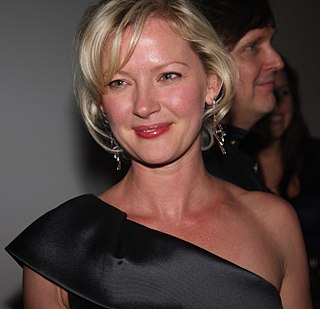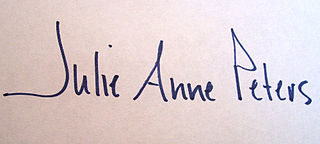A Quote by Sena Jeter Naslund
She seemed imprisoned in her sadness.
Quote Topics
Related Quotes
That initial anger she had felt turned to sadness, and now it had become something else, almost a dullness of sorts. Even though she was constantly in motion, it seemed as if nothing special ever happened to her anymore. Each day seemed exactly like the last, and she had trouble differentiating among them.
I liked it. I liked her. And every time I saw her, she seemed more beautiful. She just seemed to glow. I'm not talking like a hundred-watt bulb; she just had this warmth to her. Maybe it came from climbing that tree. Maybe it came from singing to chickens. Maybe it came from whacking at two-by-fours and dreaming about perpetual motion. I don't know. All I know is that compared to her, Shelly and Miranda seemed so...ordinary.
SADNESSES OF THE INTELLECT: Sadness of being misunderstood [sic]; Humor sadness; Sadness of love wit[hou]t release; Sadne[ss of be]ing smart; Sadness of not knowing enough words to [express what you mean]; Sadness of having options; Sadness of wanting sadness; Sadness of confusion; Sadness of domes[tic]ated birds; Sadness of fini[shi]ng a book; Sadness of remembering; Sadness of forgetting; Anxiety sadness.
She was the first person on either side of her family to go to college, and she held herself to insanely high standards. She worried a lot about whether she was good enough. It was surprising to see how relieved she seemed whenever I told her how amazing she was. I wanted her to feel strong and free. She was beautiful when she was free.
Mary Ocher gives me the chills, she frightens me with her feral soul.
Her sound is of a true outsider artist, immaculately self possessed.
Was this recorded this century? Or out of a basement that's she's been imprisoned all her
life? Time to set her loose on the world. I'm so happy she exists. Set me free Mary!
of all the unusual features of Stargirl, this struck me as the most remarkable. Bad things did not stick to her. Correction: her bad things did not stick to her. If we were hurt, if we were unhappy or otherwise victimized by life, she seemed to know about it, and to care, as soon as we did. But bad things falling on her -- unkind words, nasty stares, foot blisters -- she seemed unaware of. I never saw her look in a mirror, never heard her complain. All of her feelings, all of her attentions flowed outward. She had no ego.
She seemed to know, to accept, to welcome her position, the citadel of the family, the strong place that could not be taken. And since old Tom and the children could not know hurt or fear unless she acknowledged hurt or fear, she had practiced denying them in herself. And since, when a joyful thing happened, they looked to see whether joy was on her, it was her habit to build laughter out of inadequate materials....She seemed to know that if she swayed the family shook, and if she ever deeply wavered or despaired the family would fall.





































